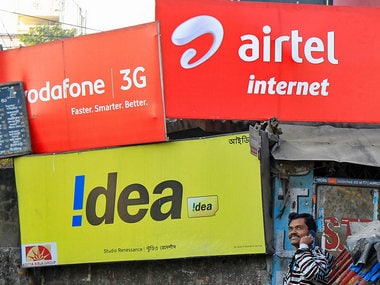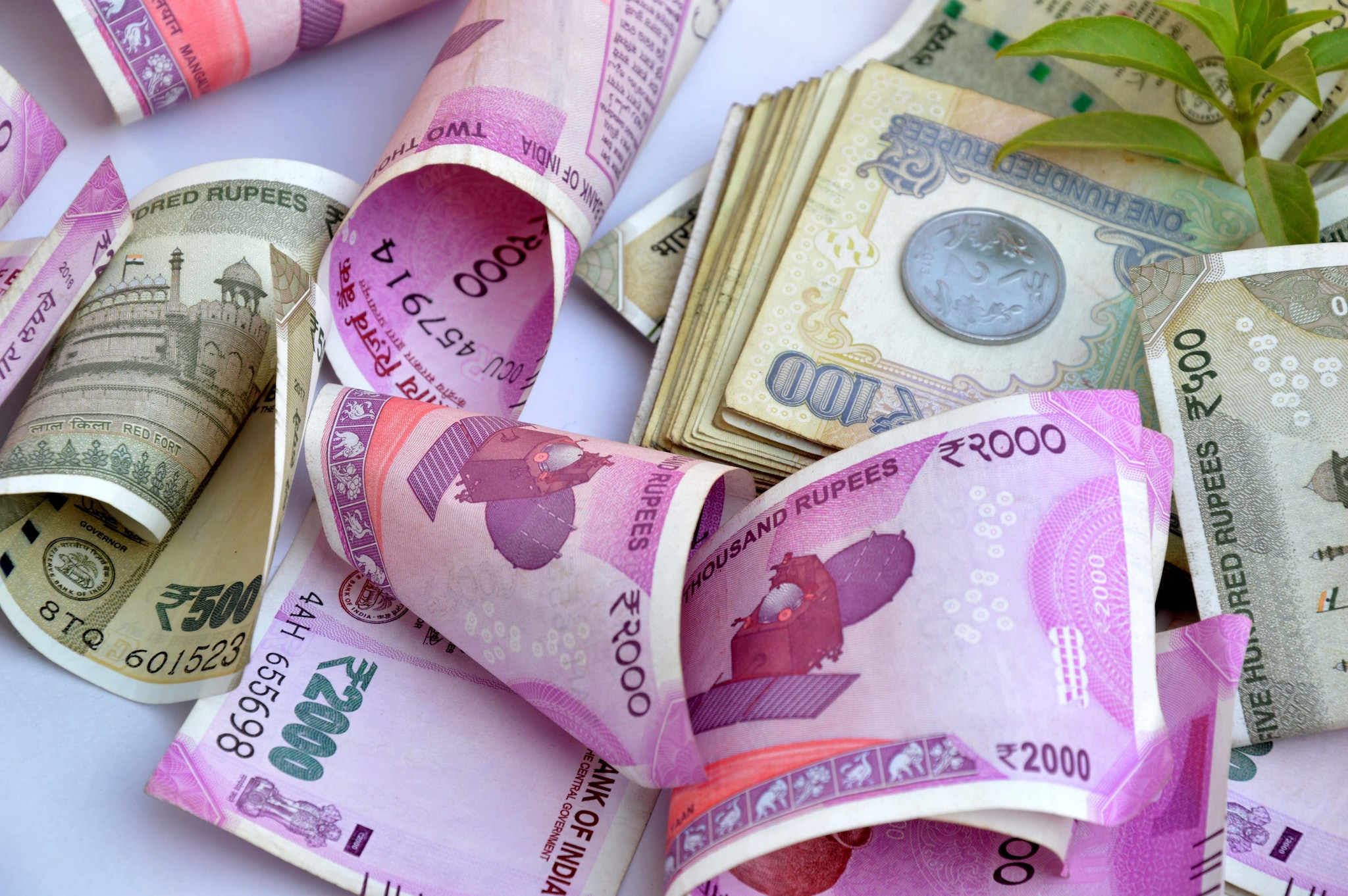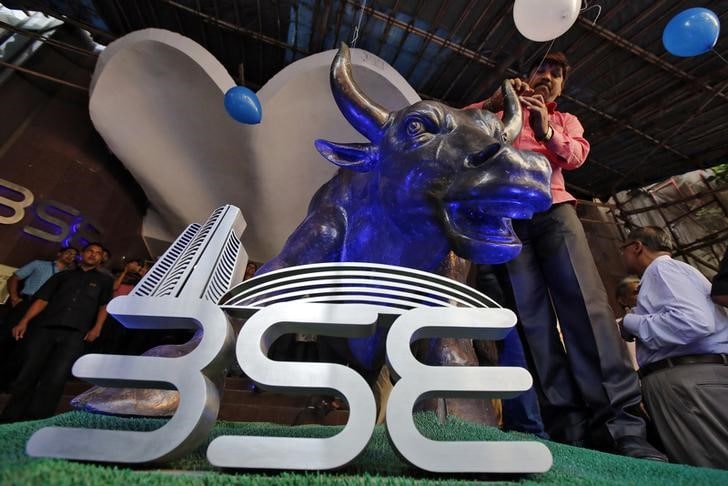Vodafone-Idea rating below investment grade: Here’s what MF experts have to say
Summary
After market hours on Friday, Vodafone-Idea ratings by CRISIL and India Ratings slipped below investment grade putting mutual funds in a quandary. Franklin Templeton was the quickest to react, moving to segregate the exposure in 6 of their schemes.
After market hours on Friday, Vodafone-Idea ratings by CRISIL and India Ratings slipped below investment grade putting mutual funds in a quandary. Franklin Templeton was the quickest to react, moving to segregate the exposure in 6 of their schemes.
Basically, four AMCs had exposure of about Rs 3,300 crore to Vodafone-Idea. The regulator Securities and Exchange Board of India (SEBI) has said that if the ratings of a particular issuer falls below investment grade, mutual funds (MFs) have the option now to side-pocket it. So, out of the four MFs that had this option, only Franklin Templeton has moved to segregate this exposure in six of their schemes. The three others are UTI, Aditya Birla and Nippon.
Earlier, Franklin had marked down to zero, the value of all of this exposure that it had to Vodafone Idea. The other AMCs had only taken mark-to-market hits but they have not yet moved to segregate the exposure.
However, there is some confusion on that since the rating action of the credit event happened post market hours on Friday, whether the Sebi guidelines of 24 hours would end on Saturday and therefore the three other AMCs that is UTI, Aditya Birla and Nippon would have already passed that timeframe to segregate at all, or whether it is 24 working hours, in which case it will end on Monday evening, and therefore they would have the time to talk to their trustees and take a call.
Feroze Azeez, deputy CEO of Anand Rathi Financial and Manoj Nagpal, MD & CEO of Outlook Asia Capital in an interview with CNBC-TV18 shared their views on the correct decision to make, which would be in the investor interest, on what the regulator feels about this, and on what the investors who still have investments to all of these affected schemes do.
Talking from regulator’s perspective, Nagpal said, “There are 3 methods to approach this entire situation. First is to put gates. All the 3 methods have been tried in India. In 2015, JPMorgan in case of Amtek Auto had used the first method and put gates – both purchase gates and redemption gates, so nobody could purchase nobody could redeem. That was constructive – the entire corpus went into a status quo.”
“The second method is, write down the value to the security to zero and limit the fresh purchases – that’s what Franklin Templeton did some time back,” he added. “The third is the segregated portfolio approach which is side-pocketing. Globally, side-pocketing only works for hedge funds. Mutual funds typically are not allowed to side-pocket. Hedge funds are also under a lot of scrutiny to side-pocket. So if hedge fund tried to side-pocket, there is a lot of regulatory oversight,” added Nagpal.
He further said that SEBI has changed track and feels side-pocketing is the best way to go.
Azeez said, “Side-pocketing is what I vote for 2-3 reasons. So if you look at some of the AMCs, at least the fund which has the largest Vodafone-Idea which is 17 percent. It was actually not 17 percent. Just a year back, the fund was Rs 5,200 crore in assets and it gradually has come to Rs 1,458 crore at the end of December. So, the fund manager would have decided to put 6 percent but since the assets shrunk it has now become 17 percent. So the long-term investors have got a dent in their portfolio because they have a paper which has been downgraded below the investment grade to the extent of 17 percent exposure.”
“Firstly, if you don’t side-pocket, some short-term investors would take benefit of the long-term investor, the more passive investor and any strategy which can dent a long-term portfolio investor is fundamentally incorrect,” added Azeez.
Secondly, there is one disadvantage of side-pocketing, and that is taxation, said Azeez because those units come to you for free and if we were to assume that one year from now, Vodafone actually pays up – that will be given as short-term capital gain. So, that taxation differential is the only demerit.”
Moreover, there is no logic for not doing side-pocketing, said Azeez.

Elon Musk forms several ‘X Holdings’ companies to fund potential Twitter buyout
3 Mins Read
Thursday’s filing dispelled some doubts, though Musk still has work to do. He and his advisers will spend the coming days vetting potential investors for the equity portion of his offer, according to people familiar with the matter









 Listen to the Article
Listen to the Article  Daily Newsletter
Daily Newsletter











